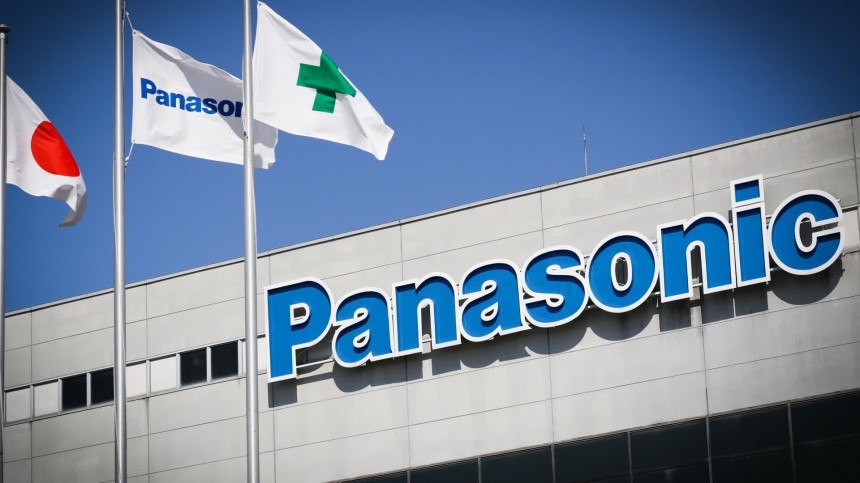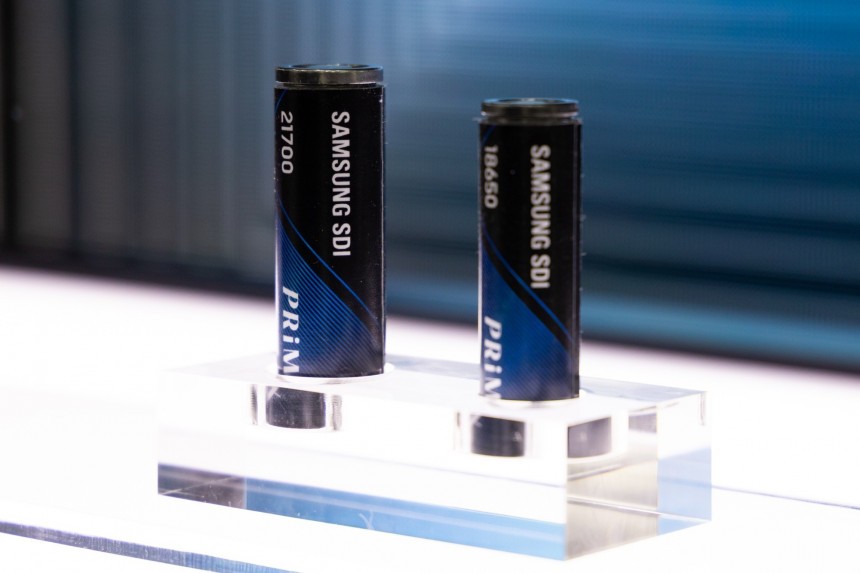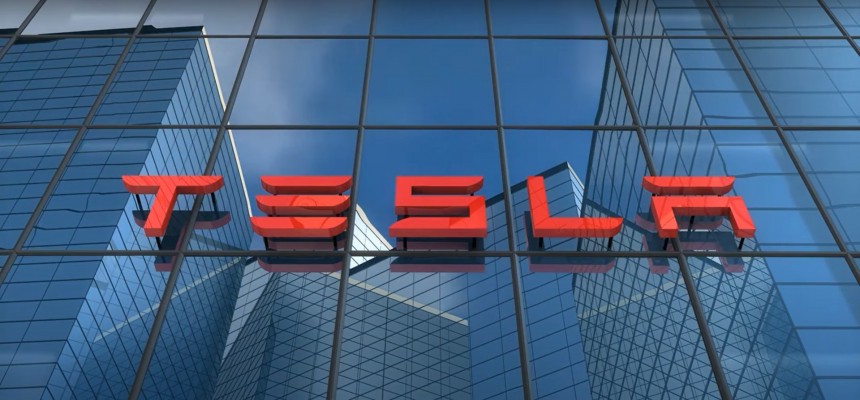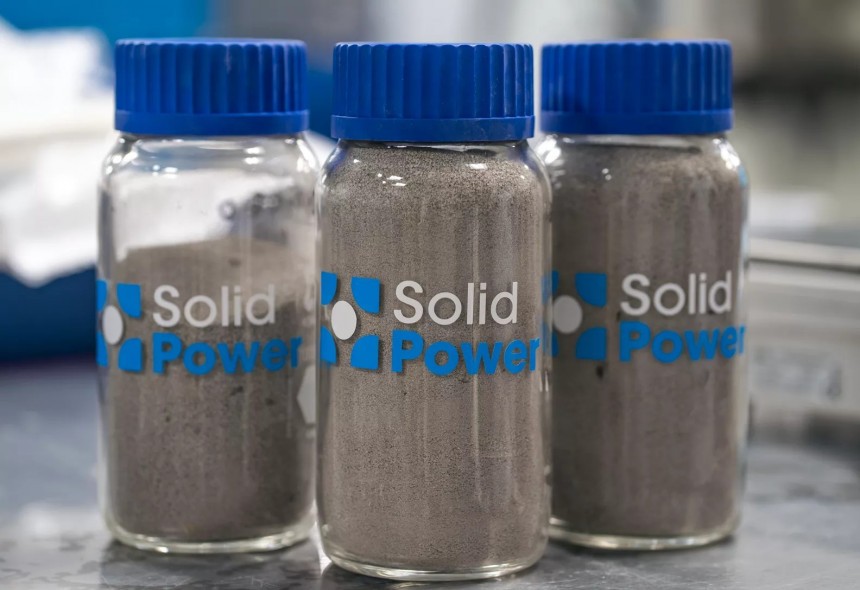Just a few days ago here on autoevolution, we published an article about how much electric vehicle manufacturers rely on the finite resource of lithium; the metal that is vital to the production of the battery that provides the energy for EVs. In that piece, the dominance of Chinese companies in the field of refining lithium was raised as a concern.
But who are these companies, and is there any alternative to lithium-ion (Li-ion) batteries out there on the horizon?
The biggest fish in the sea of electric vehicle battery manufacturing is Contemporary Aperex Technology Company Limited (CATL). The Ningde, China-based company formed in 2011 has a worldwide Li-ion battery manufacturing market share of 34%, which represents the lion's share of China's 56% overall slice of the pie. It manufactures solid-state and Li-ion batteries for mass-market manufacturers Hyundai, Honda, Toyota, and Volkswagen, in addition to supplying batteries for Tesla's China operations at Giga Shanghai.
CATL also has joint venture agreements with BMW and Chinese automakers SAIC Motors, Geely Auto Group, Dongfeng Motors, GAC Group, and FAW Group.
Sales in 2022 increased by over 115% to over 70.9-gigawatt hours of battery power, according to South Korea’s SNE research.
South Korea-based LG Energy Solution comes in at distant No. 2 in 2022 sales, holding a market share of 14%. Despite taking a $1.9 billion hit from the defective battery debacle involving 143,000 Chevrolet Bolts, it remained the world's second-largest EV battery manufacturer. The company partnered with GM on its Ultium battery development and production, announcing the construction of three U.S.-based facilities, all three coming online by 2025. LG also formed a joint venture with Honda to produce EV batteries on U.S. soil and, more recently, a subsidiary, LG Chem announced plans to invest $3 billion in an EV battery cathode plant in the U.S.
China-based Build Your Dreams (BYD) surged ahead of Panasonic to become the third largest EV battery manufacturer in the world (12%) on the strength of its blade battery that utilizes lithium-ion phosphate (LFP) technology, offering improved thermal stability and greater impact resistance.
In June, BYD confirmed that it will be supplying batteries for Tesla, but it was not clear whether they would support worldwide Tesla production or just domestic production.
Panasonic fell to No. 4, with a 10% market share but is poised to capitalize on the joint development of the 4680 battery cell with Tesla. Panasonic has been a longtime supplier of batteries to Tesla and has been credited with helping Tesla dominate the EV industry over the last several years.
SK Innovation (SKI) rounds out the top five with a 7% market share. But the company has grand plans to become the largest EV battery manufacturer by 2030. This last year saw the South Korean-based company move ahead of Samsung on the list.
South Korean electronics giant Samsung is sixth with a 5% market share, followed by four Chinese companies CALB (4%), Guoxan (3%), Sunwoda (2%), and SVOLT (1%).
As we mentioned earlier, China's dominance is based on its ability to control the lithium market from the mining phase to the refining of the metal and unless new reserves are discovered, innovation in terms of utilizing others materials will be critical to the growth of the EV market. It should be noted that other rare earth minerals vital to the production of EV batteries are also largely controlled by Chinese companies. Cobalt, for example, is also a critical metal, with 80% of those reserves held by Chinese companies, controlling day-to-day operations in the Democratic Republic of Congo.
Getting back to the lithium issue, luckily the U.S. does have a degree of lithium reserves albeit, a meager 3% of the world's reserves. Currently, Albemarle is the only company mining for lithium at its Silver Peak, Nevada, mine but is only extracting enough of the metal to produce 80,000 EVs per year or about a fifth of the number of EVs sold in the first six months of 2022, according to the Institute For Energy Research (IFR).
There are several other lithium mining operations in various states of development in the U.S. and Canada but are years away from actually producing any product due to environmental lawsuits and U.S. regulatory constraints. The current lack of North American-produced lithium would seem to put in jeopardy loads of tax incentives for automakers and potential buyers of EVs.
In August, legislation was passed in the form of the Inflation Reduction Act, which mandates in order for automakers and consumers to get any degree of EV subsidy, the battery must contain North American-sourced raw materials or from a country where the U.S. has a trade agreement. That content percentage is 40% by 2024 and a whopping 80% in 2026.
So, where exactly does the industry stand in terms of electric vehicle battery innovation?
Sodium-ion battery technology has been identified as a potential alternative to Li-ion batteries. They offer cost, safety, and sustainability advantages over their Li-ion counterpart. Raw materials are widely available and inexpensive and production capabilities mimicking those used in lithium production could be rapidly scaled to meet demand. However, this type of battery does not possess the energy density of Li-ion batteries and does not have sufficient charge-discharge cycles for today's EV demands.
Solid state batteries (SSBs) may represent the best alternative Li-ion batteries due to their safety, lighter weight, and higher density advantages. SSBs are more chemically stable and pack more power in relation to the overall size. In fact, Ford and BMW have invested in Colorado-based Solid Power, which produces SSB using a solid versus a liquid electrolyte.
In closing, the industry will continue to face concerns revolving around lithium and Li-ion batteries until a viable alternative in terms of cost, power, and sustainability is found. The good news is that everyone involved in the automotive industry is well aware of the elephant in the room and it is much too large to be swept under the rug.
Electric vehicles will continue to evolve but only at a rate dictated by new and more cost-effective means of producing them and therefore, making them more affordable at the retail level.
The biggest fish in the sea of electric vehicle battery manufacturing is Contemporary Aperex Technology Company Limited (CATL). The Ningde, China-based company formed in 2011 has a worldwide Li-ion battery manufacturing market share of 34%, which represents the lion's share of China's 56% overall slice of the pie. It manufactures solid-state and Li-ion batteries for mass-market manufacturers Hyundai, Honda, Toyota, and Volkswagen, in addition to supplying batteries for Tesla's China operations at Giga Shanghai.
CATL also has joint venture agreements with BMW and Chinese automakers SAIC Motors, Geely Auto Group, Dongfeng Motors, GAC Group, and FAW Group.
Sales in 2022 increased by over 115% to over 70.9-gigawatt hours of battery power, according to South Korea’s SNE research.
China-based Build Your Dreams (BYD) surged ahead of Panasonic to become the third largest EV battery manufacturer in the world (12%) on the strength of its blade battery that utilizes lithium-ion phosphate (LFP) technology, offering improved thermal stability and greater impact resistance.
In June, BYD confirmed that it will be supplying batteries for Tesla, but it was not clear whether they would support worldwide Tesla production or just domestic production.
Panasonic fell to No. 4, with a 10% market share but is poised to capitalize on the joint development of the 4680 battery cell with Tesla. Panasonic has been a longtime supplier of batteries to Tesla and has been credited with helping Tesla dominate the EV industry over the last several years.
South Korean electronics giant Samsung is sixth with a 5% market share, followed by four Chinese companies CALB (4%), Guoxan (3%), Sunwoda (2%), and SVOLT (1%).
As we mentioned earlier, China's dominance is based on its ability to control the lithium market from the mining phase to the refining of the metal and unless new reserves are discovered, innovation in terms of utilizing others materials will be critical to the growth of the EV market. It should be noted that other rare earth minerals vital to the production of EV batteries are also largely controlled by Chinese companies. Cobalt, for example, is also a critical metal, with 80% of those reserves held by Chinese companies, controlling day-to-day operations in the Democratic Republic of Congo.
Getting back to the lithium issue, luckily the U.S. does have a degree of lithium reserves albeit, a meager 3% of the world's reserves. Currently, Albemarle is the only company mining for lithium at its Silver Peak, Nevada, mine but is only extracting enough of the metal to produce 80,000 EVs per year or about a fifth of the number of EVs sold in the first six months of 2022, according to the Institute For Energy Research (IFR).
In August, legislation was passed in the form of the Inflation Reduction Act, which mandates in order for automakers and consumers to get any degree of EV subsidy, the battery must contain North American-sourced raw materials or from a country where the U.S. has a trade agreement. That content percentage is 40% by 2024 and a whopping 80% in 2026.
So, where exactly does the industry stand in terms of electric vehicle battery innovation?
Sodium-ion battery technology has been identified as a potential alternative to Li-ion batteries. They offer cost, safety, and sustainability advantages over their Li-ion counterpart. Raw materials are widely available and inexpensive and production capabilities mimicking those used in lithium production could be rapidly scaled to meet demand. However, this type of battery does not possess the energy density of Li-ion batteries and does not have sufficient charge-discharge cycles for today's EV demands.
In closing, the industry will continue to face concerns revolving around lithium and Li-ion batteries until a viable alternative in terms of cost, power, and sustainability is found. The good news is that everyone involved in the automotive industry is well aware of the elephant in the room and it is much too large to be swept under the rug.
Electric vehicles will continue to evolve but only at a rate dictated by new and more cost-effective means of producing them and therefore, making them more affordable at the retail level.










